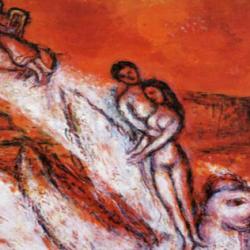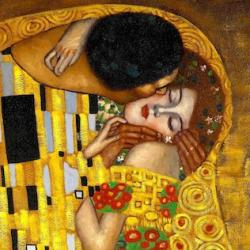The Song portrays the longing of the bride for her lover, the king, Solomon. There is an advent scene in 3:6-11, but this Solomon is elusive. Even at the end of the Song, the bride is still urging the lover to hurry up and come to her. A once and future Solomon, an already-not yet Solomon.
Now, could Solomon himself have written this? It seems odd that a man could have written about himself in this fashion. Can you say “hubris”?
But, consider:
1. Yahweh promised David to set David’s son on his throne after him, and promised too that this son would be the son of Yahweh. Solomon is that son, to be sure, but the promises to David are pretty expansive. “This is the charter of humanity” is how one scholar translates 2 Samuel 7:19.
2. Solomon comes along, accomplishes a lot, builds the house for Yahweh’s name, is Yahweh’s beloved, His son. But Solomon is aware of his limits, as Ecclesiastes 2 shows. He knows that his achievements are vapor, and that must mean that he realizes that he doesn’t measure up to all that Yahweh promised David. He might naturally come to the realization that, for all his greatness, he is only a pale shadow of another Son of Yahweh, another Son of David, yet to come. Solomon thus writes of Israel’s longing for a new and better Solomon.
3. Hubris? No; rather humility. Solomon’s typological consciousness – his consciousness of himself not as the final realization of the Davidic covenant but only as a sign of a future realization – is a realization of his limits and failures.











